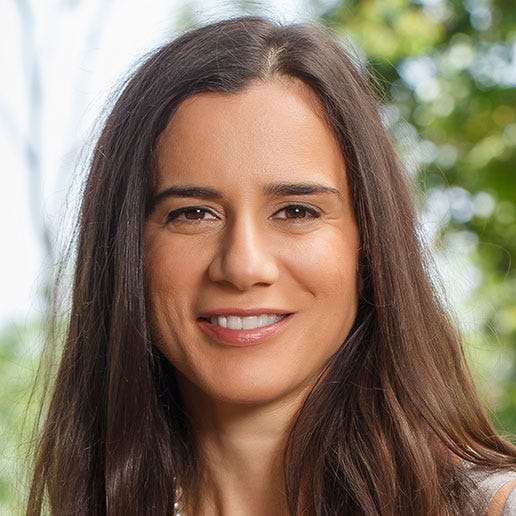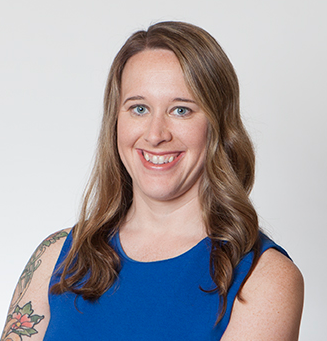TIPA to create the next generation of packaging with compostable plasticTIPA to create the next generation of packaging with compostable plastic
The 100 percent compostable packaging behaves like organic waste, providing a sustainable offering to product manufacturers and beyond.

Many manufacturers work tirelessly to create a natural, better-for-you product with ingredients they stand behind, only to wrap it up in plastic that will sit in a landfill for hundreds of years. Packaging is often one of the toughest parts for manufacturers in the natural products industry, considering the fact that 95 percent of flexible packaging is not recyclable—a seemingly inescapable obstacle.
But TIPA Corp, a sustainable packaging company, may have created just the solution the industry—and the world—needs. Five years ago, founder Daphna Nissenbaum, a software engineer based in Israel, argued with her kids about what to do with plastic bottles (which either need to be reused or recycled). The argument sparked an idea to create packaging that mimics the natural process of organic waste, with the original conception being a compostable water bottle. The end result was a truly compostable flexible packaging that can be used for everything from sandwich bags to nutrition bar wrappers to shipping plastic.
The technology is made from a blend of plant-based and petroleum-based polymers that look and feel just like plastic. But this version can be tossed into home compost bins or a municipal waste facility. The polymers break down into small parts that are eaten by bacteria, returning the material back to the earth.
 If the need is so great, why hasn’t anyone done this before? The technology isn’t easy, it turns out. As she started working on designs, she was told by numerous bioplastic experts that no such material exists to create such a package, and to come back in a few years. Not taking that as an acceptable answer, Nissenbaum and her team took to hiring an internal researcher and started doing their own R&D.
If the need is so great, why hasn’t anyone done this before? The technology isn’t easy, it turns out. As she started working on designs, she was told by numerous bioplastic experts that no such material exists to create such a package, and to come back in a few years. Not taking that as an acceptable answer, Nissenbaum and her team took to hiring an internal researcher and started doing their own R&D.
“This is how we succeeded with developing the technology,” she says. And this was the right move: The intellectual property belongs to the company.
Nissenbaum’s invention could be a manufacturing game changer for many industries. Fashion designers Stella McCartney and Gabriela Hearst were a couple of the first adopters of the material, McCartney saying she'll replace all industrial cast film packaging with TIPA plastic. But her real focus is on the food industry, segmenting it out and developing solutions for those unique segments. “Once you can package food you can package anything,” she says. Snack brands B.O.S.S. Food Co. and Sheffa Foods are a couple of the first food brands to use the technology. TIPA conducts shelf-life tests in order to bring the same shelf life as traditional packaging, to make sure the solutions perfectly fit the brands’ needs.
Nissenbaum sees vast potential for her product and says the time is right. “Why now? Because I think this is the period when everybody understands we can’t continue what we’re doing,” she says. “Each of us can make a small change, take a small step. Together, we can make a big change.”
About the Author
You May Also Like





